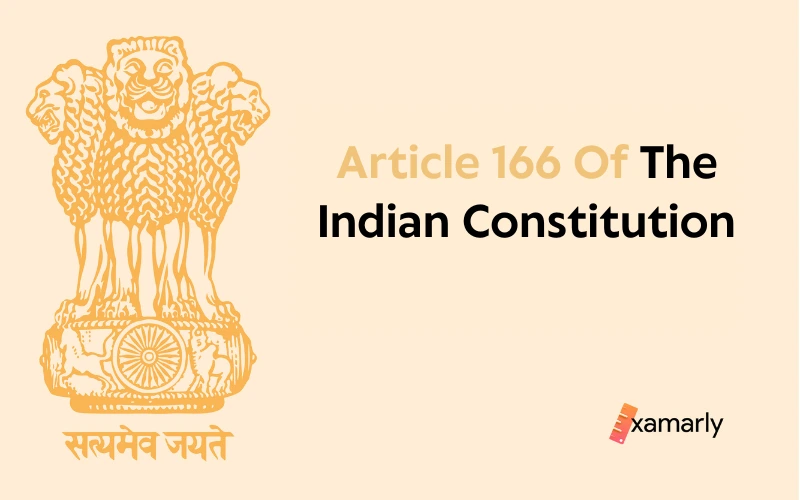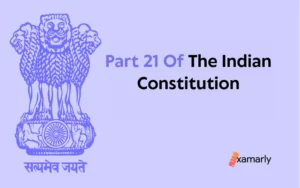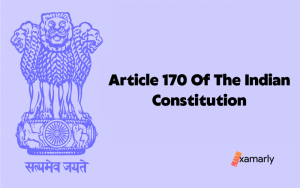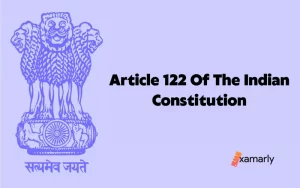Do you know what Article 166 of the Indian Constitution says about the conduct of the business of the Government of a State?
India is a large and diverse country with distinct cultural, economic, and political differences between different parts. Each state has its own government that makes its own laws and rules. The Indian Constitution sets out how those state governments should administer the state’s affairs and the powers they may exercise. Article 166 is an essential part of this framework.
Article 166 deals with how a state government’s business should be conducted. In this article, we will look at all these provisions in detail and will understand which amendment has revised it.
Article 166 Of The Indian Constitution
Article 166 of the Indian Constitution addresses how a state’s government should conduct its business.
- Every executive action made by a state’s government must be declared to have been made in the governor’s name.
- Orders and other documents prepared and executed in the governor’s name must be authenticated in accordance with any regulations the governor may make; the legitimacy of a document that has been thus authenticated cannot be contested on the grounds that it was not created or executed by the governor.
- To the extent that he is not otherwise constrained by or under this Constitution, the Governor may, and is hereby authorized to, establish regulations for the more efficient conduct of State Government business and the distribution of such business among Ministers.
Which Amendments Revised Article 166?
42nd amendment of the Indian Constitution has amended Article 166 and inserted Clause 4. The inserted Clause states that no court or other authority shall have the authority to require the production of any rules adopted pursuant to Clause (3) for the more expeditious conduct of the business of the State Government.
However, Clause 4 of Article 166 has been removed as a result of the 44th amendment of the Constitution. Thus, currently, Article 166 of the Constitution has 3 clauses that laid down the Constitutional provisions regarding how the business of the State Government should be carried out.
Conclusion
How a state government should conduct its affairs is covered in Article 166.
Article 166 is equivalent to article 77 at the level of the Government of India. The Governor, like the President of India, is a constitutional head, but unlike the President, there are specifically stated responsibilities that the Governor is required to carry out at his own discretion.
All executive power must be exercised in the name of the Governor. In order to streamline State business and distribute responsibilities among Ministers, the Governor can issue regulations.
FAQs On Article 166
Who Makes The Rules For The More Convenient Transactions Of Business Of The State Government?
According to Clause 3 of Article 166, it is the duty of the State Governor to make the rules and regulations for the smooth transactions of the business of the State Government.
What Is The Conduct Of Business By The Governor?
A State’s government must declare that every executive action it takes is done so in the name of the Governor, as stated in article 166. Orders and other documents created and executed in the governor’s name must be authenticated in accordance with the regulations the governor establishes, and the legality of an order on instruction that has been properly authenticated cannot be contested on the grounds that it is not an order.
What Is Clause 3 Of Article 166?
It is important to read the article in its entirety because it professes to lay down the system that will regulate a business that will be done by the government of a state. According to the Rules of Business established pursuant to Article 166(3) of the Constitution, Ministers may be assigned statutory powers and obligations that are granted to the State Government.
What Are Article 77 Addresses?
Article 77 of the Indian Constitution addresses the manner in which the business of the government is to be carried out. Rules for the effective execution of Government of India business and the division of such business among Ministers shall be established by the President.






